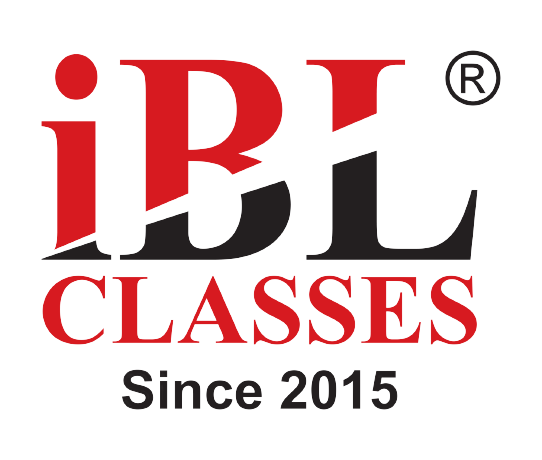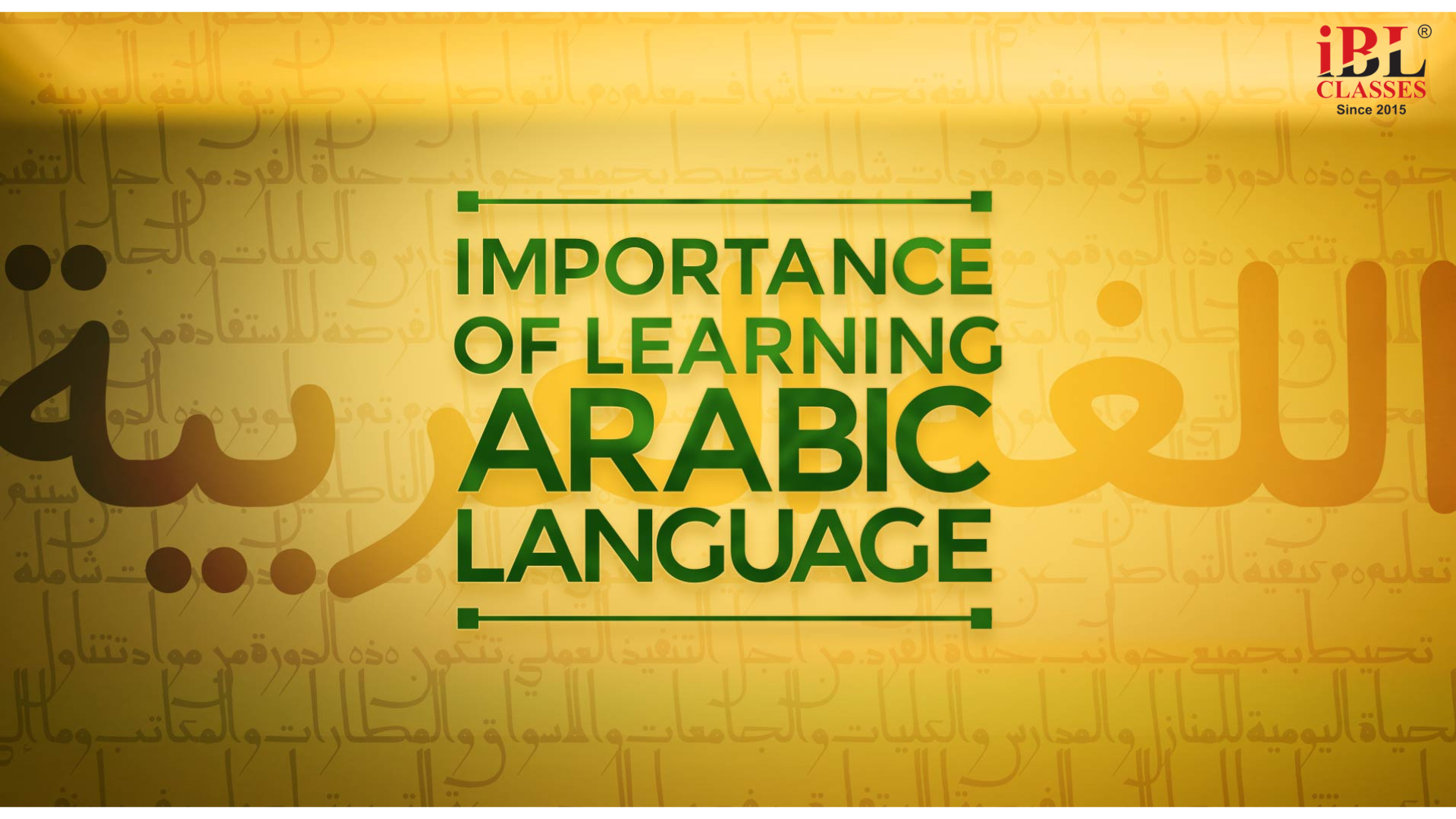What are the Benefits of Enrolling in an Arabic Language Course in Delhi
Arabic is a widely spoken language with over 420 million speakers worldwide. It is the official language of 26 countries, including the Middle East and North Africa. With such a large global presence, learning Arabic can provide access to a plethora of opportunities. When it comes to providing quality Arabic language courses, Delhi, India’s cultural capital, is no exception. Enrolling in an Arabic language course in Delhi can help you in a variety of ways, from expanding your career opportunities to enhancing your personal development. In this blog, we will look at the advantages of taking an Arabic language course in Delhi and how it can improve your life. Whether you want to learn Arabic for professional or personal reasons, this blog will explain why it’s worthwhile to invest your time and resources in learning this beautiful language.
Discuss how learning Arabic can enhance cultural awareness and appreciation.
Learning Arabic can greatly improve cultural awareness and appreciation, particularly for the rich and diverse cultures of the Middle East and North Africa. Arabic culture is well-known for its art, architecture, literature, music, and cuisine, all of which have had a significant impact on other cultures around the world. Individuals can gain a deeper understanding of these cultural elements and a greater appreciation for them by learning Arabic.
Arabic is also the language of the Quran, Islam’s holy book, which has had a significant influence on Arabic culture. Learning Arabic can help people understand the Islamic religion, its practises, and its beliefs, which can be useful for people who want to work or do business in Islamic countries.
Furthermore, knowing Arabic can help people communicate more effectively with people who speak Arabic, which can help to build cultural bridges and promote mutual understanding. This is especially useful for people who work in fields where cross-cultural communication is essential, such as international diplomacy, education, and humanitarian work.
Explore the benefits of bilingualism and how it can positively impact personal growth.
Bilingualism, or the ability to speak two or more languages, has numerous benefits that can positively impact personal growth. Here are some of how learning Arabic and becoming bilingual can be advantageous:
Improved Cognitive Function: Learning a new language requires individuals to exercise their memory, attention, and problem-solving skills, which can improve overall cognitive function. Studies have shown that bilingual individuals have better executive function and cognitive flexibility, which can lead to better academic and professional outcomes.
Enhanced Cultural Understanding: Learning Arabic can help people gain a better understanding of Arabic culture, traditions, and beliefs. This understanding can promote cultural sensitivity and empathy, as well as assist individuals in more effectively navigating cultural differences.
Career Opportunities: Knowing Arabic can help you advance your career in fields such as international business, diplomacy, translation, and teaching. Bilingual people are frequently in high demand and can command higher wages and more advanced positions.
Increased Social Connections: Speaking Arabic can help you communicate with people who speak Arabic, which can lead to stronger social connections and new friendships. This is especially important for people who live in multilingual communities or have Arabic-speaking friends or family members.
Better Mental Health: Studies have shown that bilingual people have better mental health outcomes than monolingual people. Being bilingual can boost self-esteem and confidence, as well as reduce the risk of age-related cognitive decline.
Overall, learning Arabic can provide numerous benefits for personal growth and development. It has the potential to improve cognitive function, cultural understanding, career opportunities, social connections, and mental health outcomes.
Discuss how learning Arabic can provide academic advantages.
Learning Arabic can provide numerous academic advantages for individuals, particularly in the fields of linguistics, Middle Eastern studies, history, and religion. Here are some of how learning Arabic can be academically advantageous:
Access to Primary Sources: Many primary sources in history, religion, and culture are written in Arabic. Individuals can gain access to original texts and a deeper understanding of the material by learning Arabic. This is especially important for Middle Eastern studies, Islamic studies, and comparative literature researchers and students.
Improving Linguistic Competence: Arabic is a complex language with a rich history and culture, and mastering it necessitates knowledge of grammar, syntax, and vocabulary. Individuals studying linguistics or foreign languages may benefit from learning Arabic because it will improve their understanding of language structures and patterns.
Better Academic Opportunities: Knowing Arabic can open up academic opportunities in addition to career opportunities in international business and diplomacy. Arabic language and Middle Eastern studies are popular fields of study, and those who are fluent in Arabic may have an advantage in pursuing graduate degrees or academic careers in these fields.
Understanding Global Affairs: Knowing Arabic can help you understand the political and economic issues that affect Arabic-speaking countries and the region as a whole. Individuals studying political science or international relations may benefit from this understanding.
Overall, learning Arabic can provide individuals with a variety of academic benefits, ranging from access to primary sources to improved career opportunities. Individuals who learn Arabic can broaden their academic horizons and gain a deeper understanding of the language, culture, and history of the Arabic-speaking world.
Conclusion
In conclusion, enrolling in the Best institute for Arabic language in Delhi can provide individuals with numerous benefits, including better career prospects, expanded academic horizons, improved cognitive function, enhanced cultural understanding, and increased social connections. The strategic location of Delhi, as well as its vibrant Arabic-speaking communities, provide unique opportunities to explore Arabic culture and history, making the city an ideal place to learn the language. Individuals can broaden their horizons and gain a deeper understanding of the language, culture, and history of the Arabic-speaking world by learning Arabic, which can be invaluable in today’s globalized society.





